Read about Alok Vaid-Menon’s thoughts about gender and gender deconstruction.
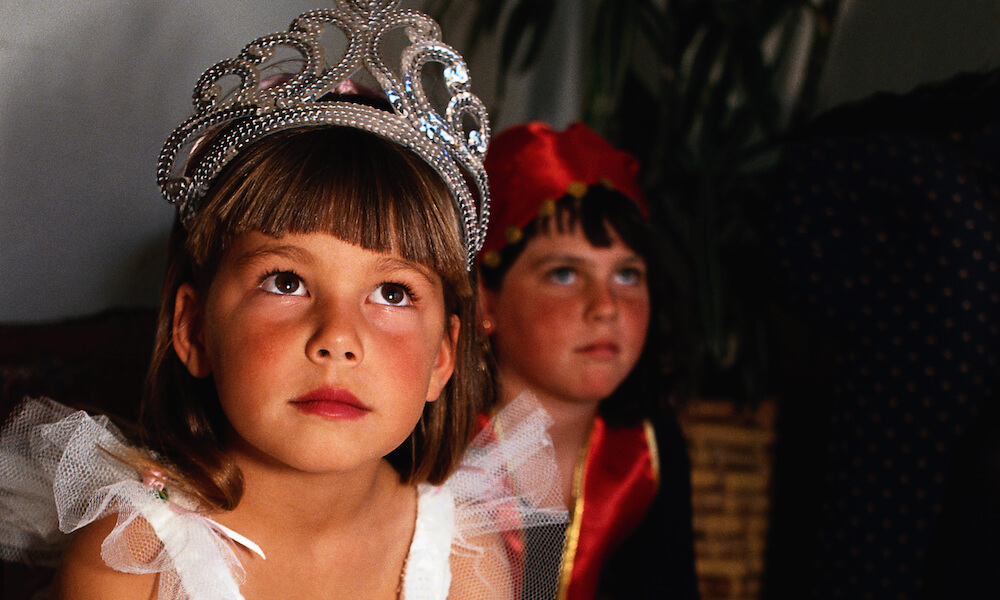

Read about Alok Vaid-Menon’s thoughts about gender and gender deconstruction.

This graphic novel-inspired illustration takes an honest yet humorous look at the process of legal immigration. Click on the image to enlarge it and view details.

Is cryptocurrency a fad or here to stay? Read about recent survey results that say it’s not only here to stay, but dollars may become a thing of the past.

Read about how smart phones and social media impact the social lives of teens.

Have you ever stopped to think that the robot uprising could potentially be more terrifying than certain death? Read this op-ed to learn more about this writer’s thoughts about the future.
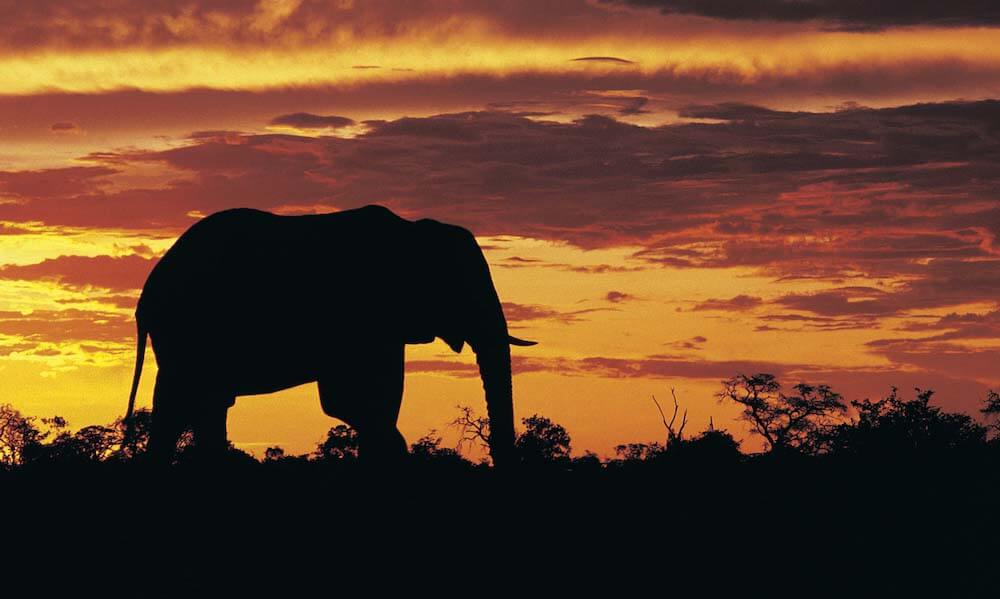
Happy the elephant is in the middle of a monumental court case with far-reaching consequences.

A theoretical physicist challenges the widely-accepted linear representation of time.

Read about how helicopters disrupt theater-goers in New York City’s Central Park.
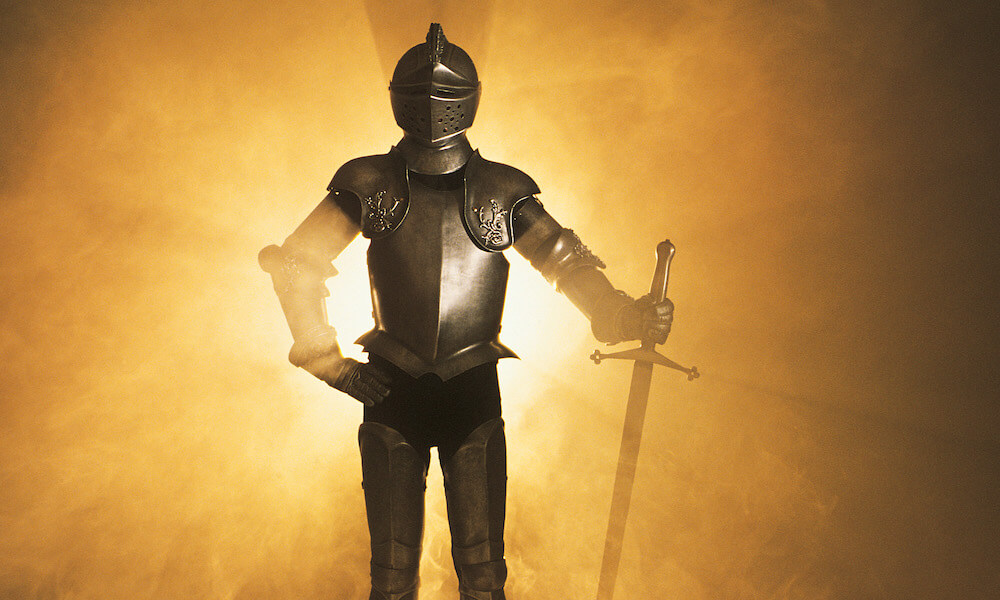
While people may not typically look to the 13th-century medieval texts for shining examples of equitable representation, an old text about a knight in shining armor inspired author Alex Myers.
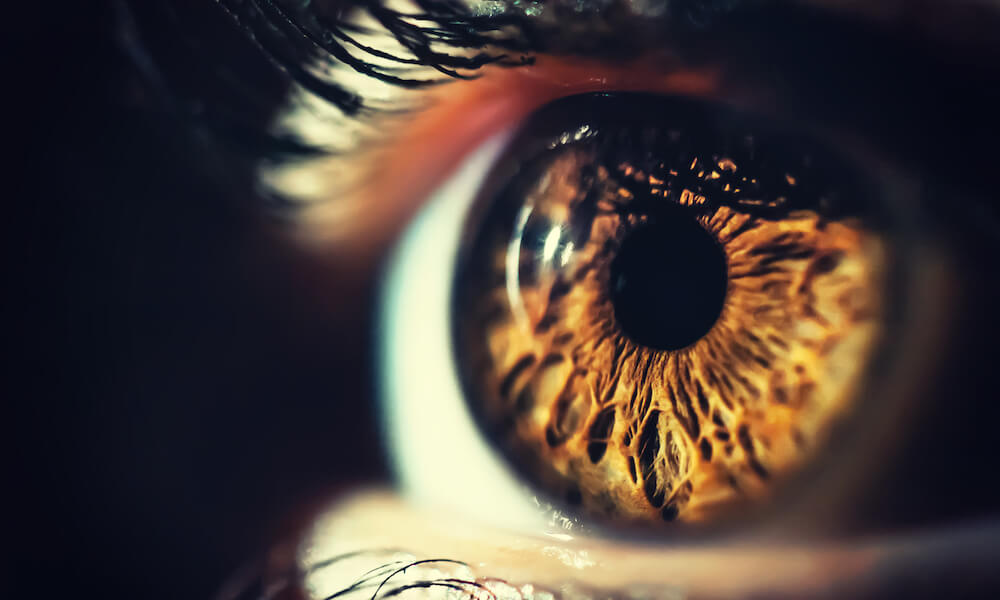
Would you take cryptocurrency in exchange for your personal biometric data? Is this a massive privacy breach or the high-tech future of equity? Read to learn more about the pros and cons.
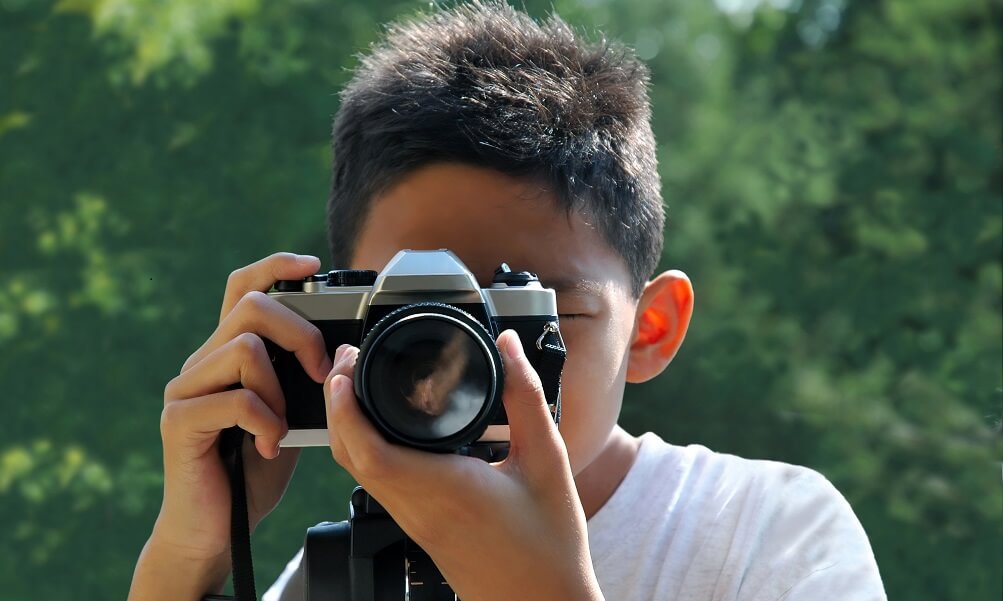
Teenagers reflect on a year of pandemic precautions through their words and artistic representations.

Henry Louis Gates describes what it was like to grow up as an African American in a West Virginia town in the 1950s.

Do you know the difference between fearing something and worrying about it? How do things that probably won’t do us any harm come to symbolize threats? This commentary from Joseph LeDoux, the director of the Emotional Brain Institute and a professor of neural science, describes the problems that arise when fear turns to anxiety.

Journalist Leslie Garrett argues that adults shouldn’t tell children, “You could be anything,” but rather, “Be what you’re capable of.”

Being bold doesn’t mean making a rash decision and rushing in, willy-nilly. Learn what it really means to be bold.

Why do boys want to play with trucks, while girls prefer dolls? Are these stereotypes that our society forces on children, or are such preferences innate? This article explores those very questions.

A journalist looks back on what she learned in some of her first jobs and considers how teen jobs fuel adult success.

An Armenian American reflects on a recent statement condemning a genocide that inspired Hitler.
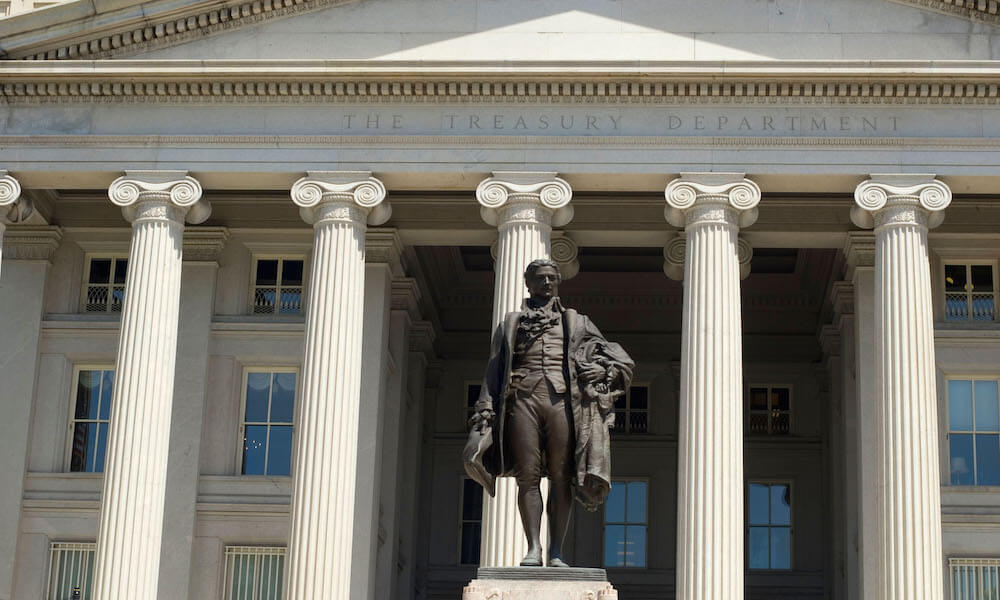
| This opinion from a university scholar reveals that more carefullyexamining Alexander Hamilton’s life, views, and career might challenge how people think about reparations for slavery. |

The balance between humans and nature is a precarious one, and for some time nature has been telling us we are doing something wrong. Read about how both human and environmental health is intertwined.